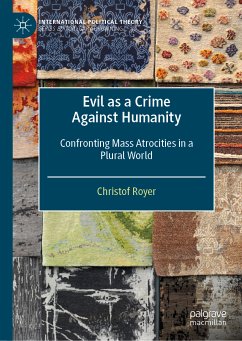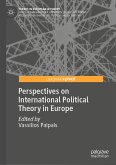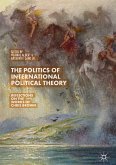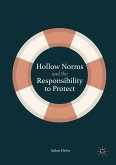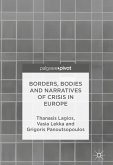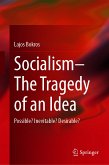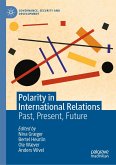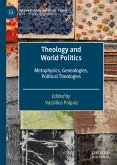- Mathias Thaler, University of Edinburgh, UK
'To address the concept of evil in international affairs without falling into cliché is not easy. In this book, Christof Royer demonstrates how one might do so with equal measure of rigour, imagination, and sensitivity. This sophisticated and nuanced argument is a must-read for scholars of international politics, ethics, and law.'
- Anthony F. Lang, Jr, University of St Andrews, UK
This book reimagines, from a critical and interdisciplinary perspective, why and how to confront mass atrocities in world politics. Drawing on Hannah Arendt's conception of evil, it interprets and understands mass atrocities as 'evil' in an 'Arendtian' sense, that is, as crimes against human plurality and, thus, crimes against humanity itself. This understanding of mass atrocities paves the way for reframing responses to mass atrocities as attempts to confront evil. In doing so, the book focuses on military intervention under the banner of the Responsibility to Protect (R2P) and judicial intervention by the International Criminal Court (ICC) and reframes them as tools to protect human plurality from evil. The book also looks at the place and the role of R2P and the ICC in the changing landscape of world order. It argues that the protection of humanity from evil can serve as a legitimate basic norm around which a global constitutional order in an inherently pluralistic world can be constructed.
Christof Royer specialises in International Political Theory and holds a PhD in International Relations from the University of St Andrews, UK.
Dieser Download kann aus rechtlichen Gründen nur mit Rechnungsadresse in A, B, BG, CY, CZ, D, DK, EW, E, FIN, F, GR, HR, H, IRL, I, LT, L, LR, M, NL, PL, P, R, S, SLO, SK ausgeliefert werden.

